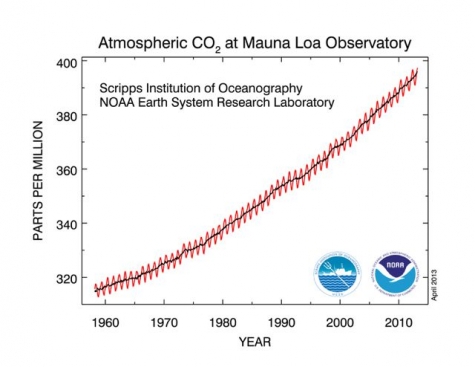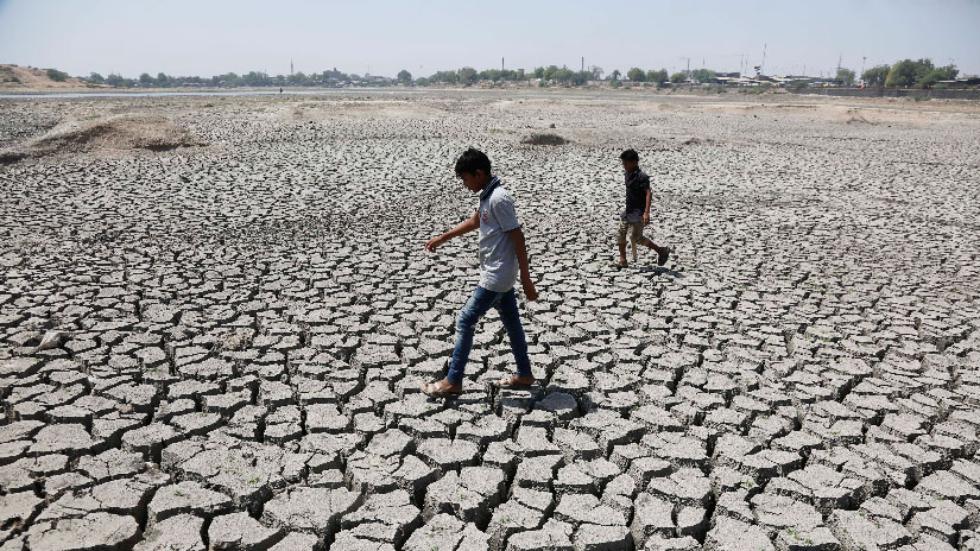Antarctica CO2 Hits Highest Level in 4 Million Years
Earth Jun 15, 2016 04:38 PM ET Cover Photo-Denis Burdin/Shutterstock The last bastion of a sub-400 ppm world has officially fallen as carbon dioxide reached new heights in Antarctica. We're officially living in a new world. Carbon dioxide has been steadily rising since the start of the Industrial Revolution, setting a new high year after year. There's a notable new entry to…









